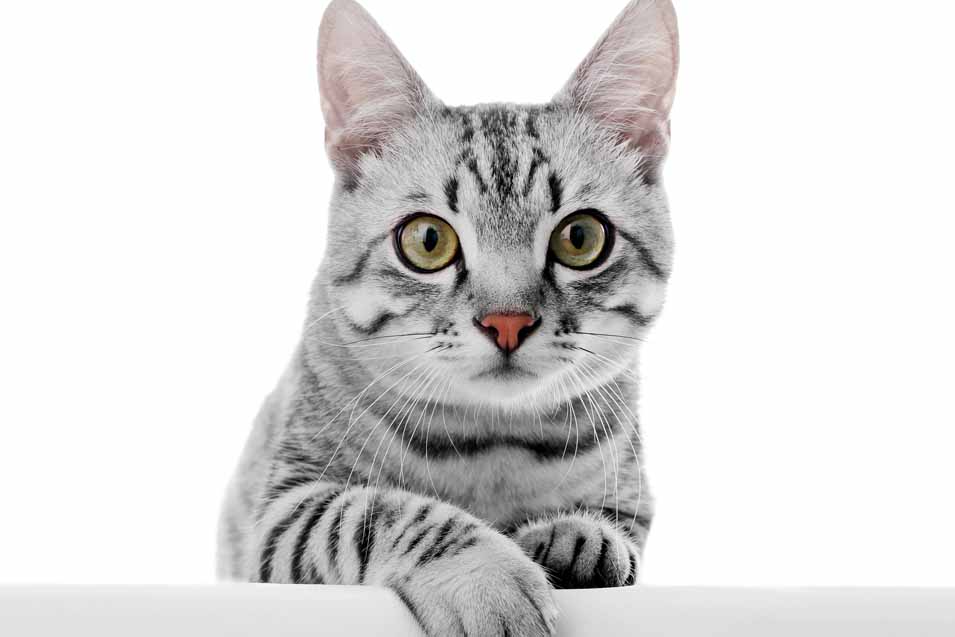It is uncommon and quite alarming for a cat to experience diarrhea, especially since if you are a cat parent, you might have noticed that the physiological stool of this species is rather hard. Diarrhea isn’t a medical condition per se. In fact, it is more of a general symptom that can have a plethora of causes, and that can be an expression of many diseases.
Diarrhea can be chronic or acute, and as you might have guessed, each of these has different causes, and therefore, different treatment methods. Concerning symptomatology, diarrhea isn’t usually the only wrong thing that you might notice. It is accompanied by many other clinical signs.
A single episode of diarrhea isn’t a real cause for alarm, but when it becomes a regular occurrence, you have to take your cat in for a check-up, especially if lethargy and loss of appetite are associated with it.
Let’s look at some probable causes, the way diarrhea can be treated, and the ways you could prevent it.
What are the causes?
There are a host of reasons your cat can experience diarrhea. One of the most important and probable ones deal with the quality of the food he or she receives, as well as any dietary changes that might have occurred recently. Then, there are food allergies and intolerances that you might as well not be aware of if you haven’t tested your cat for anything just yet.
Milk can also cause diarrhea because cow milk contains an amount of lactose that is too high for adult cats to synthesize. Eating spoiled food is another cause, and this can occur if you care for an outdoor cat, because there is no way you can have complete control over what he or she eats.
Diarrhea can be a symptom of viral or bacterial infections, intestinal parasites, inflammatory bowel disease, any medical conditions that affect the liver or the kidney, Addison’s disease, and hyperthyroidism. Unfortunately, even conventional medications can trigger a gastrointestinal episode characterized by changes in your cat’s stool, and even vomiting. Poisoning can also be a reason for this problem and can even lead to chronic diarrhea, in some cases.
How is the condition that causes diarrhea diagnosed?
If you get your cat to the vet’s, he or she will perform a series of tests to be able to tell what the reason for this phenomenon really is. These tests can be complete blood counts, stool and rectal samples, endoscope exams, ultrasonography, or X-rays. Usually, not all of these are performed because the diagnosis is typically established with the help of a physical examination and two of these tests, for example. You might also be asked to bring in a sample of your cat’s diarrhea, in which case the viral, bacterial, or parasite examination can be performed in this way.
Treating and preventing your cat’s diarrhea at home
If your vet finds out what the problem is, you will likely have to administer medication to your cat for several days or for longer depending on the severity of the condition and its manifestation (whether it is acute or chronic).
There are some home remedies you can use both to treat and to prevent the recurrence of diarrhea in the future. One of these is trying to switch up the food of your cat. You don’t have to withhold food from your cat if he or she experiences diarrhea as the animal has to receive plenty of nutrients so that his or her body puts up with the problem as best as possible.
The vet might recommend you food that contains as little fiber as possible because this might be a probable cause seeing how cats are carnivorous. For cats that have a fiber deficit, because yes, this can happen as well, you can even get supplements like canned pumpkin.
Probiotics can be another measure you can resort to, despite them being rather controversial. There are, however, many brands that produce probiotics that are good for cats, and you need to know that these actually consist of healthy bacteria that can correct the flora inside your cat’s gut. It is better to have ‘too much’ intestinal healthy bacteria that won’t allow the pathogenic one to grow.
Combating dehydration can be a rather challenging feat, seeing how cats aren’t water lovers and might even avoid drinking it altogether if it doesn’t come from a fresh source. Your feline companion hates stale water, by the way, so one solution would be for you to purchase a water fountain made specifically for pets. Another way of supplementing your cat’s water intake, especially since she is losing so much through diarrhea, would be to switch to canned food, at least for some time. You can get canned food that’s made specifically for intestinal issues.
When diarrhea is a serious problem
If you made the mistake of switching your cat’s food entirely, your feline buddy might experience a diarrhea episode simply because of this reason. Dietary changes have to be made progressively, so you should add some of the new food to the old one, and increase the quantity of the new one with every day that goes by.
When do you have to take your cat in for a check-up? Generally, diarrhea can be something rather alarming when you also notice red flags such as pain or discomfort, blood in the stool, loss of appetite, or vomiting.
Keep in mind that you also have to take into account the physiological state of your cat. Diarrhea can be particularly dangerous when it happens in kittens and senior cats. The first aren’t equipped with a well-developed immune system that can help them manage a gastrointestinal issue naturally, while the second might also have several other medical conditions.
Preventing parasites
Parasites irritate your pet’s gastrointestinal tract, which means that diarrhea and vomiting can be caused by an infestation. These situations are mostly encountered in kittens, but they can occur in older cats, as well, especially in the event that the number of parasites (and the number of organs affected by them, too) is increased.
Ask your vet about preventive treatments for your cat’s parasites, and make sure that you take your cat for regular yearly checkups, even if he or she is completely healthy.






